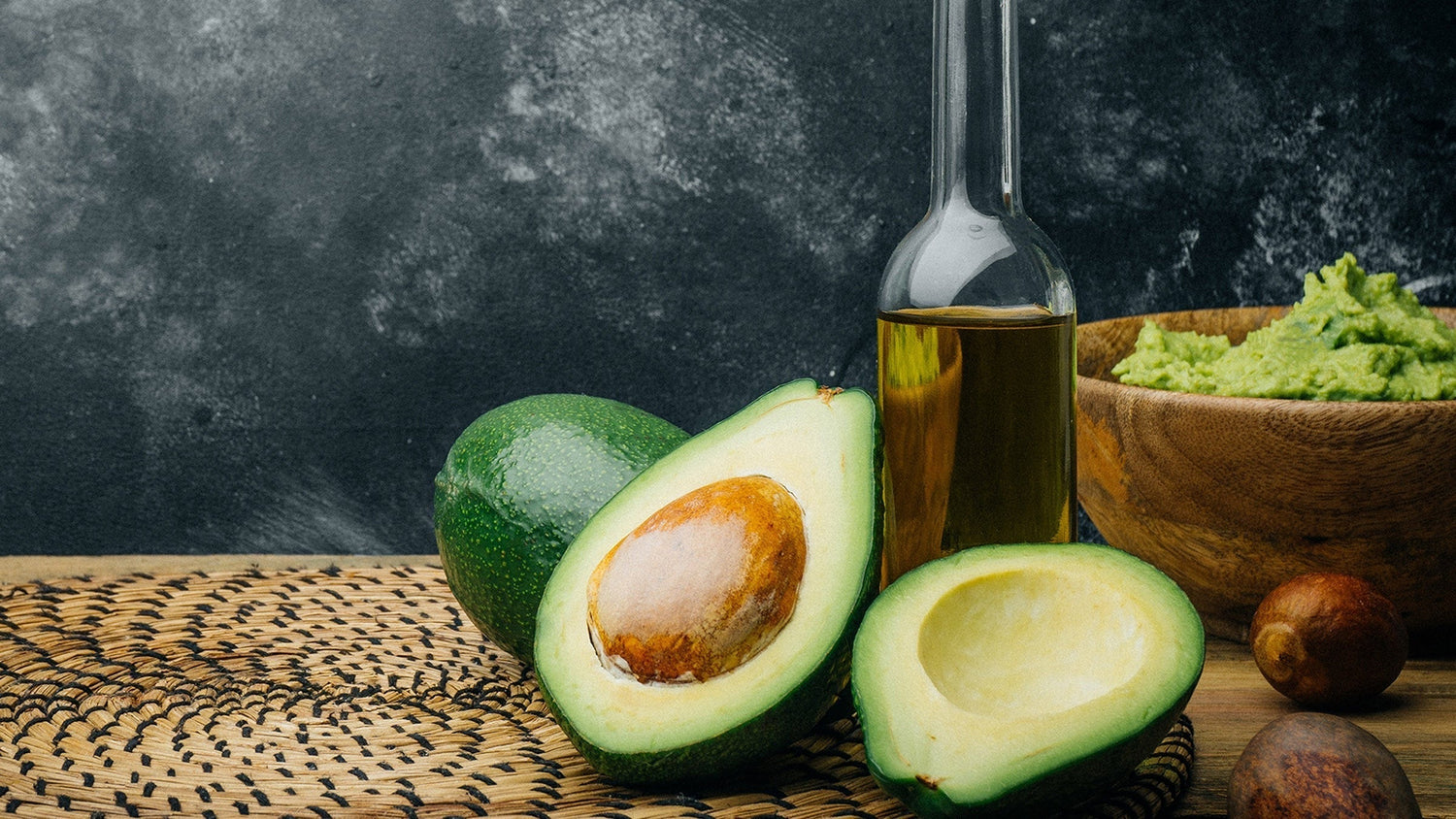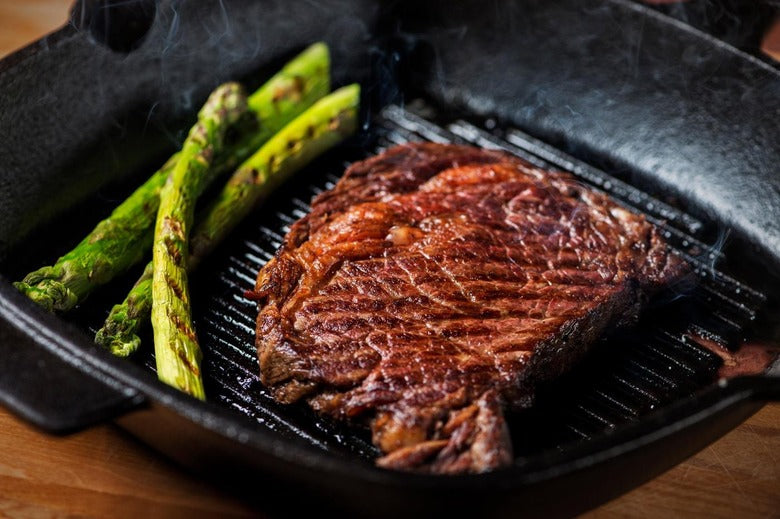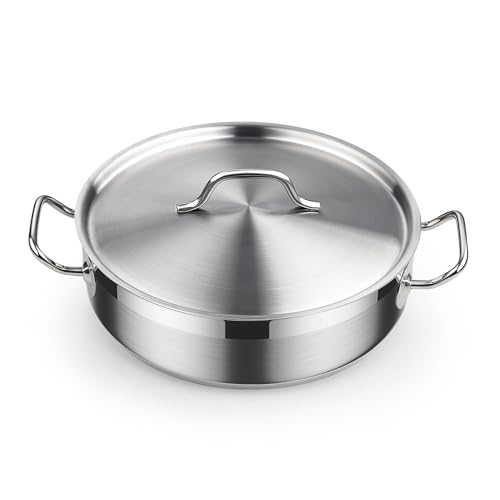As a kitchen professional, you've likely faced the dilemma of properly disposing of vegetable oil. Though it may seem trivial, understanding how to dispose of vegetable oil is crucial for maintaining both a clean kitchen and a healthier environment. Improper disposal can cause significant harm, including clogged pipes and environmental pollution. So, let's delve into the various methods and best practices for disposing of vegetable oil safely and responsibly.

Why Proper Disposal of Vegetable Oil is Crucial
First, let's discuss the importance of disposing of cooking oil correctly. When you pour used kitchen oil down the sink or toilet, it can solidify and block your plumbing system. Moreover, this oil can contaminate water bodies, endangering aquatic life. Sustainable disposal methods not only help to keep your kitchen functional but also contribute to environmental conservation. Learn more about Kitchen Cleaning tips to maintain a spotless kitchen.

Common Mistakes People Make
Pouring Oil Down the Drain
One of the most common mistakes is pouring vegetable oil down the drain. This can lead to severe plumbing issues, from minor blockages to major pipeline bursts that require expensive repairs.
Throwing It in the Trash
Another frequent mistake is tossing the used oil directly into the trash. While better than pouring it down the drain, this method still poses risks such as leakage and contamination of soil and water.
Reusing Too Often
While reusing vegetable oil is a good practice, doing so repeatedly can degrade its quality and pose health risks. Know the oil's limits and replace it as needed.

Safe and Effective Disposal Methods
Recycling
Recycling is one of the best ways to dispose of used vegetable oil. Many recycling centers accept used cooking oil to convert it into biodiesel. Contact your local recycling facility to see if they accept used cooking oil for recycling.
Solidifying and Disposing
If recycling isn't an option, consider solidifying the oil before disposal. You can do this by letting the oil cool and then mixing it with an absorbent material like cat litter or paper towels. Place the solidified mixture in a sealed container and then dispose of it in the trash.
Reusing in Compost
Vegetable oil can be reused in composting. While this method isn't suitable for large quantities, small amounts of used oil can be safely added to a compost pile, enriching the compost with nutrients.
Collecting for Larger Disposal
Incorporate a system for collecting used vegetable oil in your kitchen. Use an airtight container and regularly dispose of it through recycling centers or specialized collection services.Read more about collection practices.

Tips for Reducing Vegetable Oil Waste
Measure Properly
A significant amount of waste comes from using more oil than necessary. Measure your oil carefully to minimize waste. This also leads to healthier, less greasy meals.
Optimal Storage
Store your vegetable oil in a cool, dark place to maximize its shelf life and minimize waste. Discover more about oil storage techniques.
Frequent Filtration
Filtering your oil after each use removes food particles and keeps it usable for longer periods.
Environmental Benefits of Proper Disposal
When you dispose of vegetable oil responsibly, you contribute to environmental sustainability. Recycling oil into biodiesel reduces greenhouse gas emissions. Composting small amounts of oil can improve soil health, while responsible disposal through solidification minimizes landfill contamination.
Conclusion
Understanding how to dispose of vegetable oil correctly is essential for kitchen professionals and homeowners alike. By avoiding common mistakes and utilizing safe disposal methods, you ensure a cleaner kitchen and contribute to environmental wellbeing. If you want more detailed insights, check out this guide from the EPA on oil recycling.
FAQs
Can vegetable oil be reused?
Yes, vegetable oil can be reused several times. However, ensure you filter out food particles and avoid reusing oil that has started to smell rancid or appears cloudy.
Is vegetable oil compostable?
Vegetable oil can be composted in small quantities. Excessive oil, however, can disrupt the composting process, so use it sparingly.
How often should I dispose of used vegetable oil?
It depends on the amount and type of cooking. For heavy frying, you should consider disposing of or recycling the oil after 3-4 uses.
As an Amazon Associate, I earn from qualifying purchases.






Leave a comment
This site is protected by hCaptcha and the hCaptcha Privacy Policy and Terms of Service apply.